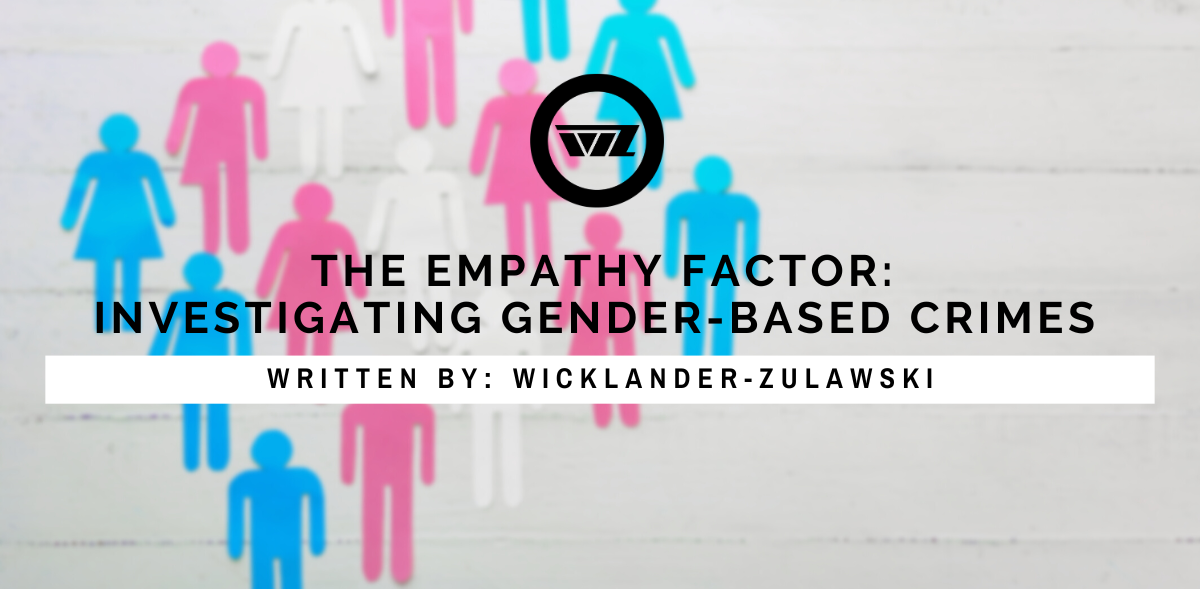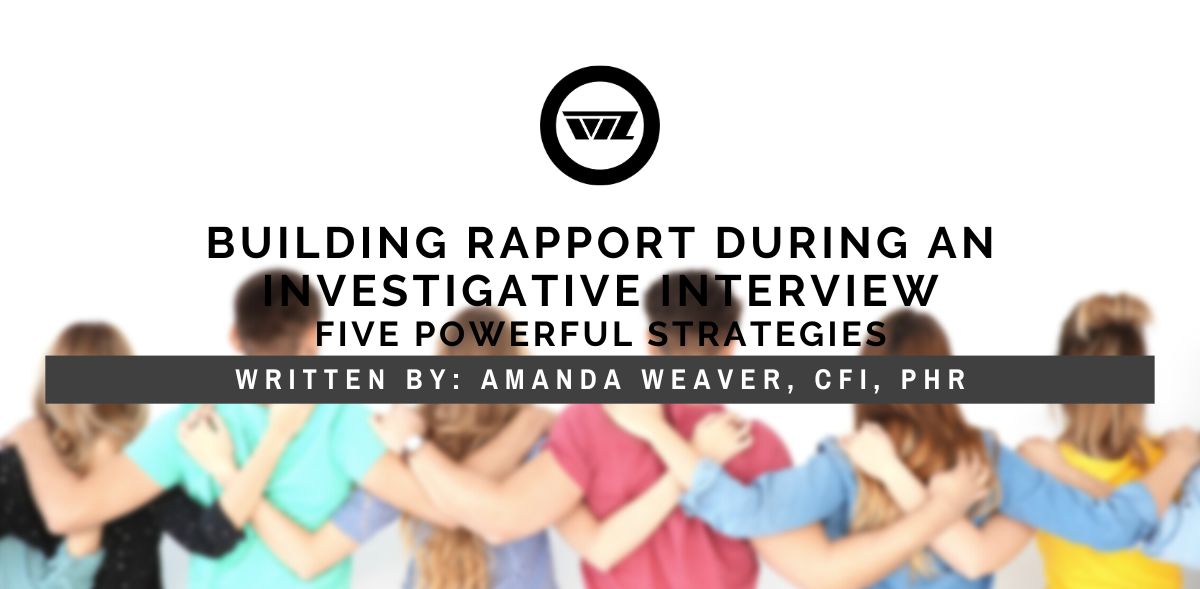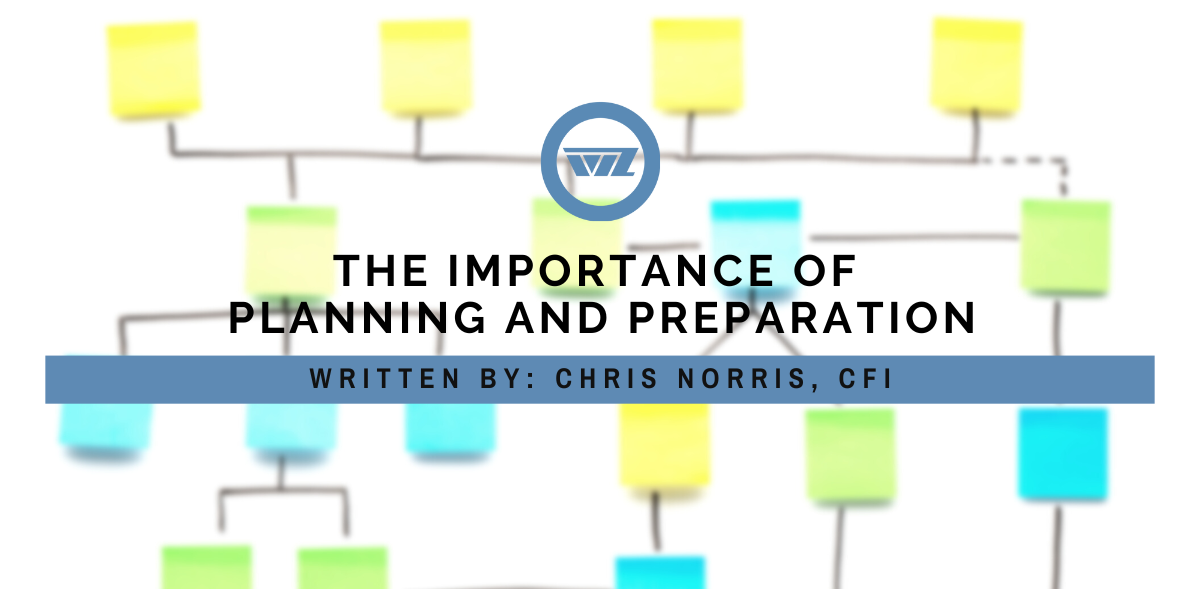There is so much turmoil in our society today. Concerns about heavy-handed law enforcement actions, questions about last year’s presidential election, and skepticism about the appropriate response to the COVID-19 pandemic top the headlines every day. Although these may seem like unrelated issues, there is a common thread that connects them. It’s an idea that speaks to the very nature of our system of government, and by extension, directly impacts the work of the professional interviewer.
Our Constitution is founded upon the idea that government derives its authority only with the consent of the governed. For this to work, those governed must believe that the powers regulating daily life are legitimate. Legitimacy means that authorities are seen as valid, justified, and lawful. When this sense of legitimacy erodes, uncertainty, resistance, and rebellion follow.
It’s easy to see how questions of legitimacy run through each of the controversies described above. But how does this erosion of the sense of legitimacy affect the work of the professional interviewer?
Procedural Justice
Regardless of the context in which you are conducting interviews, you are working on behalf of some authority that has initiated a matter of inquiry. As a result, our ideas about investigative interviewing techniques are rapidly evolving. This evolution is grounded on the realization that rapport-based approaches yield better outcomes than other techniques. For a rapport-based conversation to be effective, the subject of the interview must believe that the interviewer has a legitimate right to ask questions. Without the element of legitimacy, the interview will not result in the best possible outcome.
This is where the theory of procedural justice (Solum, 2004) comes into play. Simply stated, procedural justice means that people are much more likely to accept an unwanted outcome if they believe the process that resulted in that outcome was fair and equitable.
Imagine if you were summoned for an investigative interview. Your mind would be filled with questions. What is this about? What is my exposure? Am I accused of wrongdoing? Who directed this interview? It would be nearly impossible to have a frank conversation with the person interviewing you with these questions swirling around in your mind.
By answering these questions at the start of the interview, the interviewer creates an atmosphere more conducive to trust and empathy. The cards are on the table, setting the stage for an honest conversation about the matter under inquiry. This introduction reinforces the legitimacy of the investigation before the first question is even asked.
Plan For Legitimacy
Even the most highly skilled interviewer cannot be completely effective without a plan. This plan should include establishing the framework to build legitimacy in the eyes of the person interviewed. This honest and forthright approach provides a sense of fairness. There are no preconceived conclusions. The interviewer establishes him/herself as an impartial finder of fact. Clearly describes the authority for the investigation and its intended purpose. Explains why the person is being interviewed. Invites questions and commits yourself to active, empathetic listening to everything they have to say.
One of the main objectives of any investigation must be to treat everyone with dignity, respect, and fundamental fairness. By harnessing the power of procedural justice, the interviewer creates an atmosphere of legitimacy and lays the foundation for a sense of fair play irrespective of the outcome of the investigation.
SOURCE: Solum, Lawrence B., “Procedural Justice” (2004). University of San Diego Public Law and Legal Theory Research Paper Series. 2
Joseph T. Wolf, CFI is an instructor and the Federal Programs Manager for Wicklander-Zulawski & Associates, Inc. (WZ) and a retired 30-year Federal law enforcement veteran.





